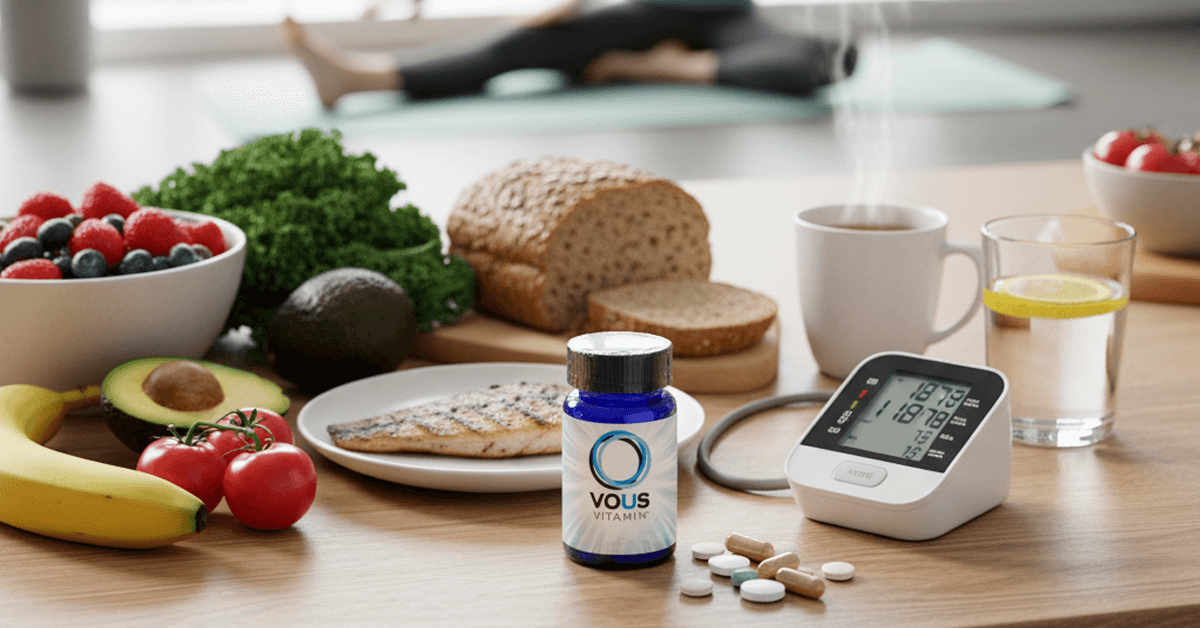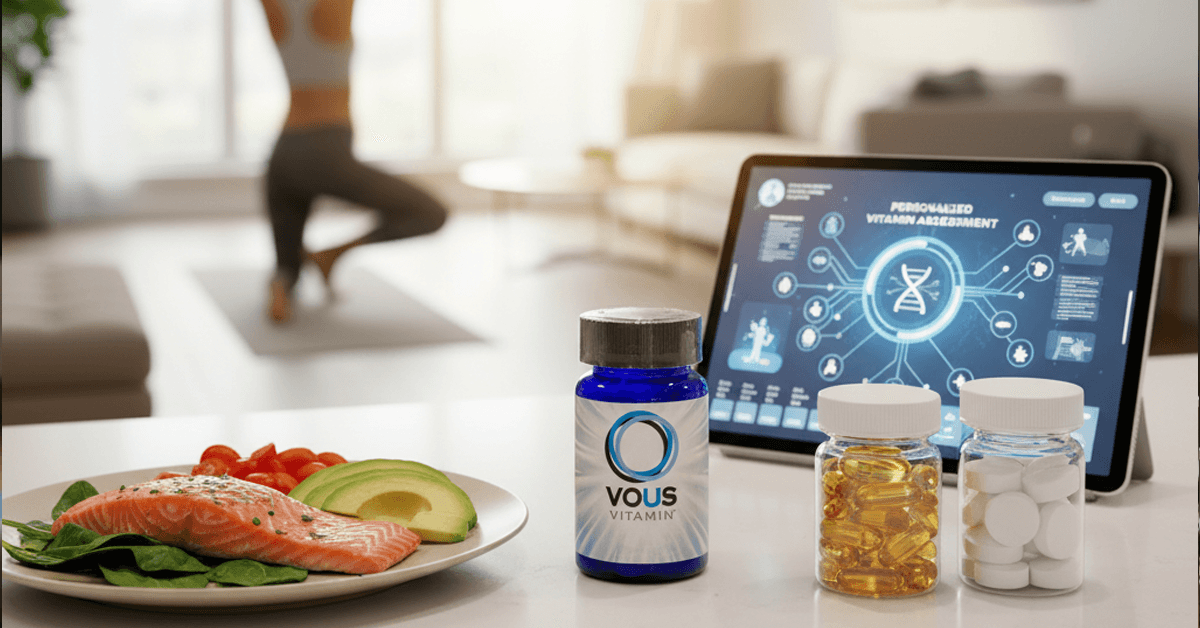

GI problems can be an embarrassing set of symptoms. Many consumers feel lost around their choices and some opt for over-the-counter medications that can provide short-term relief, but may do very little to address the long-term effects of these conditions. It is not always beneficial to take a laxative as a singular approach when you could also be addressing your underlying symptoms with better nutrition.
It is important to know what exactly you are taking here. There is a difference between stool softeners (such as docusate products) and stimulant laxatives. Stool softeners are perfectly safe and can
be taken long term without any untoward effects. In fact, they are commonly given during pregnancy and the postpartum period. Stimulant laxatives (such as bisacodyl, senna, or sennoside products) can be effective in the short term, but should not be taken with regularity. They can ultimately cause more harm than good by making your colon dependent on them to work. They are not a long-term solution to constipation or IBS. Conversely, “osmotic laxatives,” such as polyethylene glycol (PEG) simply draw fluid into the colon, not stimulating it to contract, and are safe to use daily and chronically.
Is it true that some vitamins can contribute to constipation? Some elemental vitamins such as iron and calcium can be binding and contribute to slowing down the GI tract. One of the most common reasons people stop taking certain vitamins is because of GI issues. However, certain forms of nutrients, such as iron in the form carbonyl and calcium gluconate, are much less likely to cause GI distress. If the proper nutrients are balanced appropriately in the right combination, constipation is much less likely to become a problem. At Vous Vitamin® we work hard to create multivitamin formulations that do not cause GI symptoms given this is such a common cause for people not taking vitamins.
A well-constructed personalized vitamin assessment will ask about your GI symptoms and factor that information into your recommendations. Not all personalized vitamin brands are created equal. You should look for a brand with strong physician involvement and a track record in the industry. You should also be wary of what type of information that they need to generate your recommendations. Are they asking for genetics, hair, stool, or blood samples? Are you comfortable giving this type of information to someone outside of your standard medical provider? What value are these tests returning in your vitamin recommendations and can the company point to published, evidence-based studies showing improvement when those methods are utilized?
It is also important to find a personalized vitamin that you can stick with over the long run. Are you going to be able to keep up with a pill pack with 10+ different shaped pills that you are required to swallow every morning? Do you need to drink a foul-tasting cocktail to get your daily vitamin dose? What is the cost – $100+/month or $30/month? These are important factors in selecting your personalized vitamin brand of choice.


In a world where health should require an individualized approach by each person, generic multivitamins often cannot provide the same nutrients that your body really


For years, people have relied on generic vitamins hoping to fill nutritional gaps. However, what was working just a few decades ago does not suit


The majority of the population buys generic vitamins at the store with the hope that they will meet the nutrient requirements. However, the truth is


As individuals increasingly shift toward proactive health and wellness grounded in data, individualized approaches are sought to draw from, rather than antiquated, generic, one-size-fits-all multivitamins.
| Cookie | Duration | Description |
|---|---|---|
| cookielawinfo-checkbox-analytics | 11 months | This cookie is set by GDPR Cookie Consent plugin. The cookie is used to store the user consent for the cookies in the category "Analytics". |
| cookielawinfo-checkbox-functional | 11 months | The cookie is set by GDPR cookie consent to record the user consent for the cookies in the category "Functional". |
| cookielawinfo-checkbox-necessary | 11 months | This cookie is set by GDPR Cookie Consent plugin. The cookies is used to store the user consent for the cookies in the category "Necessary". |
| cookielawinfo-checkbox-others | 11 months | This cookie is set by GDPR Cookie Consent plugin. The cookie is used to store the user consent for the cookies in the category "Other. |
| cookielawinfo-checkbox-performance | 11 months | This cookie is set by GDPR Cookie Consent plugin. The cookie is used to store the user consent for the cookies in the category "Performance". |
| viewed_cookie_policy | 11 months | The cookie is set by the GDPR Cookie Consent plugin and is used to store whether or not user has consented to the use of cookies. It does not store any personal data. |